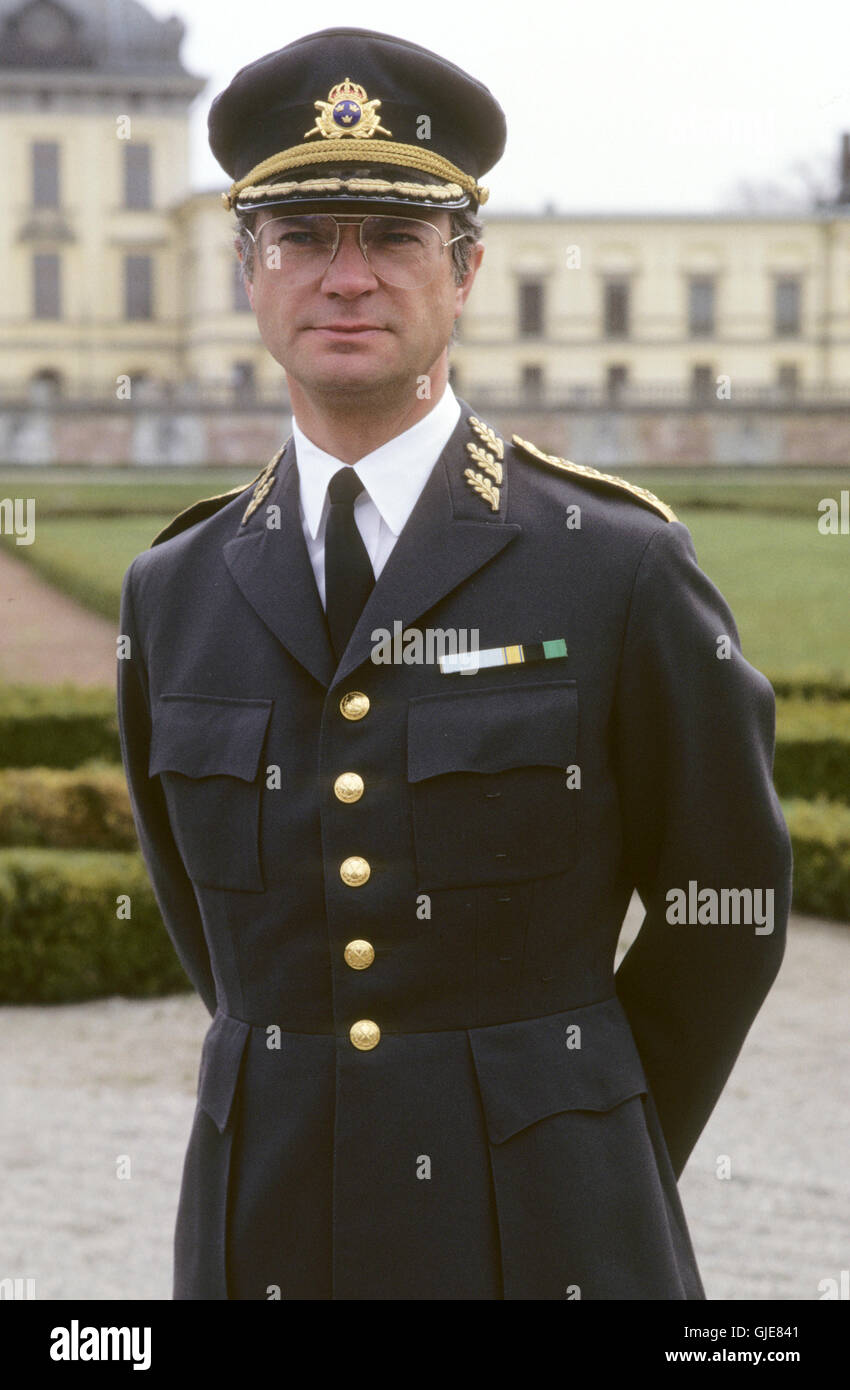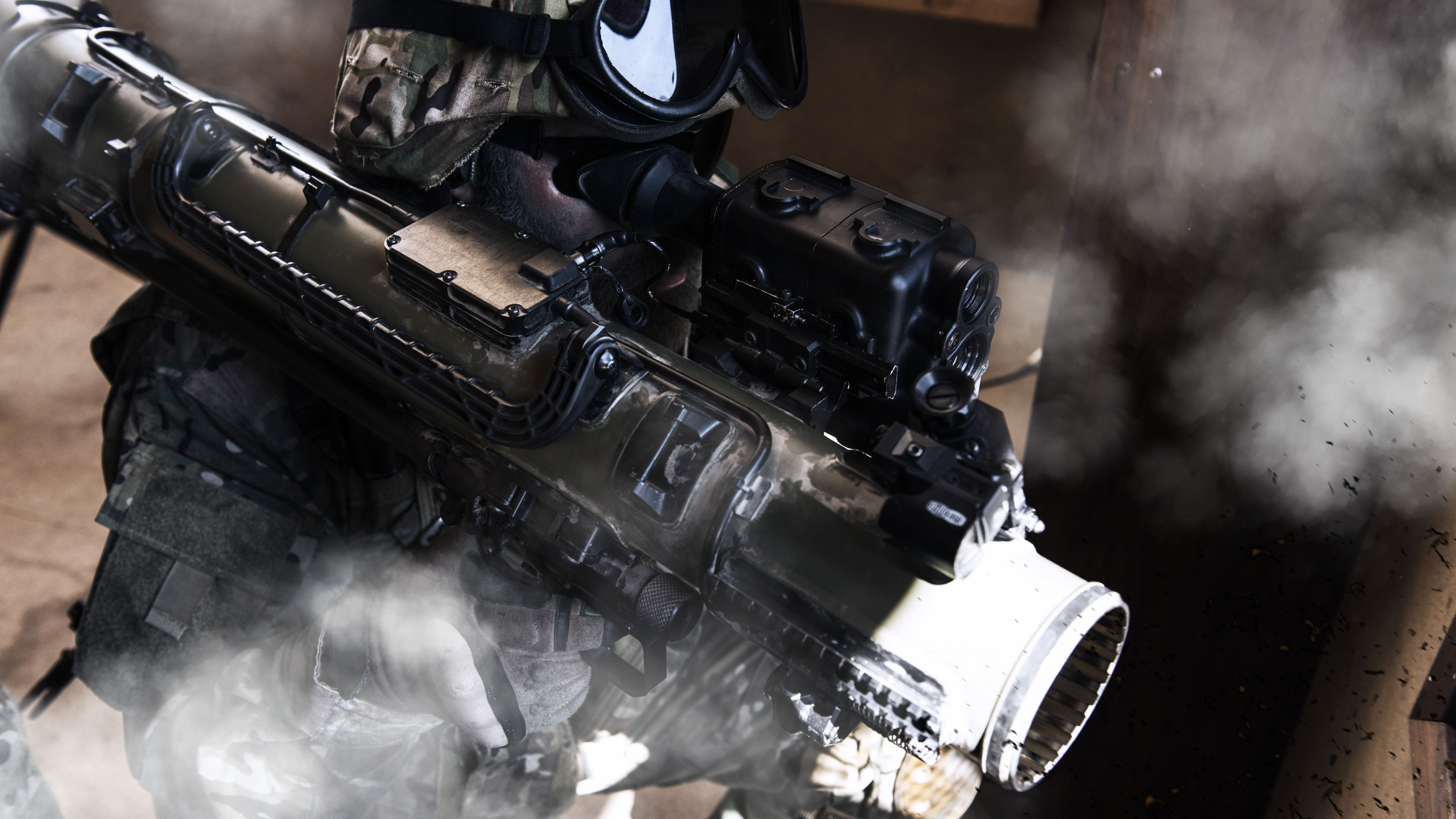

He divides warfare into land, maritime, air and Mao schools of thought before concluding that Liddell Hart's big idea-indirection-is the one idea that spans them all. Wylie is a kind of meta-strategist, using others' ideas to devise a unified field theory of strategy. Liddell Hart, the twentieth century's prophet of the indirect approach.

Admiral Wylie acts as a proxy for non-Western strategists like Sun Tzu and Mao Zedong, who prize circumspection, as well as for Englishman B. or, more charitably, deploying some mêtis of my own. Yet another dead white male! And yet I'm cheating here. Still, it's all there in Thucydides' History: the land power fighting the sea power, the importance of finance in warmaking, the imperative to build friendly and break enemy alliances, the calculus for opening secondary theaters or operations and much, much more besides.

Nor does the Athenian chronicler spell out his ideas with the clarity of a Wylie, Corbett or Clausewitz. But a treatise about boats and spears doesn't quite make the grade for a ranking of purely military strategy. Many might give Thucydides pride of place on this list, and I might agree were this a list of grand strategists. We return to the Aegean world for history's fourth-best military thinker. This is a discourse worth revisiting millennia hence. When you tote things up, the poet seems to conclude that both strands of thought are indispensable-but that biê harnessed by commanders with a gift for mêtis is best. Trickster Odysseus is the face of mêtis, the Odyssey as Homer's brief for indirection. Freedman sees Achilles as the face of biê, the Iliad as the chronicle of the direct approach. This isn't just the province of Sun Tzu and his inscrutable Asian followers. Yet Homer reminds posterity that Europe has its own tradition of indirection and cleverness. Practitioners supply the data for teachers to analyze and pass on. Thucydides has Pericles, Alcibiades, Brasidas, Lysander and many others. Lord Horatio Nelson is the face of Alfred Thayer Mahan's sea-power theories. Napoleon and Frederick the Great are fixtures in Clausewitz's On War. They mine the historical record-the record of the deeds of great captains-for insight into the arcane art of strategy. Indeed, you ultimately have to favor such teachers over doers. Oddly, many of the greats seem to be indifferent practitioners who started scribbling down their insights after being defeated, cashiered or both. Grant-a victor whose bulldog approach to battlefield combat is Carl von Clausewitz's " principle of continuity” made manifest-against a Clausewitz, an indifferent soldier whose accomplishments as a man of letters shape strategic thought and actions to this day? Hard to say. So how do you judge, say, a field soldier like General Ulysses S.


 0 kommentar(er)
0 kommentar(er)
